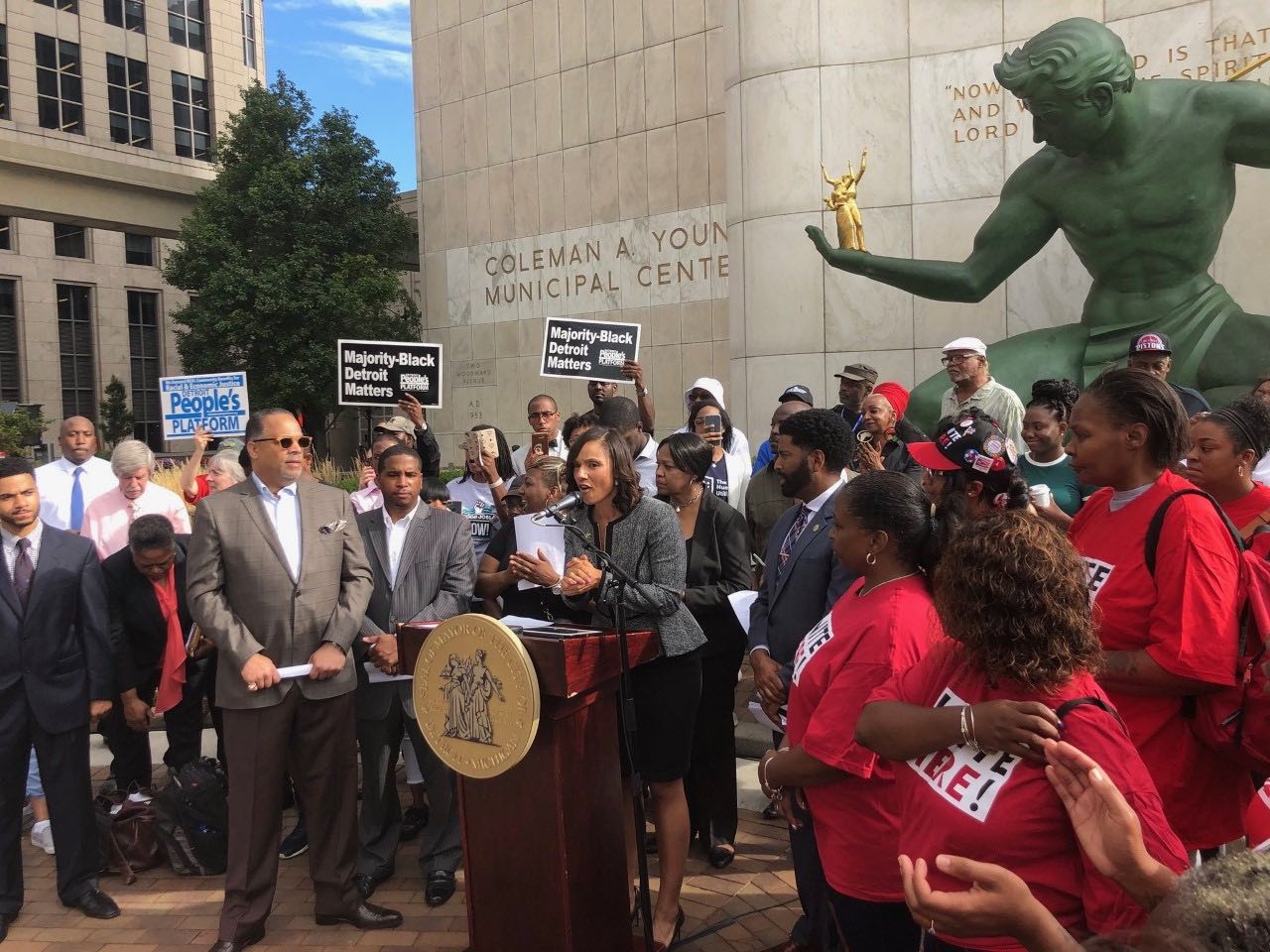
Over decades now, Detroit politicians have proposed legislation that would require businesses to include various segments of the minority population into their workforces, or that the ownership of an entrepreneurialventure beat least 51% minority-owned. Each of these proposals hashad inherent flaws but all had ancillary benefits for the city and the community at large.
As far back as the Coleman Young era,there were proposals of this sort, some successful, some not so much. Critics of these resolutions have always pointed to the problems that are created as the city has attempted to move forward with implementation and enforcement, but forced to develop more bureaucracies in the process. In fact, as recently as 2014 Mayor Mike Duggin signed similar ordinances to begin Detroit’s revitalization efforts following his election; the unemployment rate at the time was around 17%.
A few weeks ago, Councilwoman Mary Sheffield unveiled another package of employment proposals that are aimed primarily at the demolition and construction projects associated with the Land Bank conundrum, but Detroit has serious internal problems that deal with the potential workforce. According to recent investigations by the Free Press, only 47% of adult Detroiters are even seeking employment, mostly because of conditions relating to poverty.
Among the problems associated with potential employment are education, skill sets, transportation, affordable housing, and in some cases, criminal backgrounds. Indeed, some proponents of workforce development have proposed company-sponsored apprenticeshipsto begin eliminatingthe roadblocks to sustainable employment.
However, a new direction, a new protocol, a new hiring model needs to happen quickly for the sake of the city’s continued growth and development. Normalcy and nit-picking in conducting minority hiring and initiatives should be mute points—these are NOT normal times and should not be treated as if they were.
Detroit is still losing its residents. Recent census figures reveal that the city’s population has not been at the current level—around 600,000— since 1910. Additionally, the same census figures paint another dire picture for the city: the average yearly household income is around $27,000, which means that more than 45% of the city’s residents are living in poverty, not to mention the current unemployment rate which is hovering around 7-8%; conscionable elected officials and business leaders ought to be seeing blinking red lights.
But of course,if all you see is the beautiful downtown developing core, the Corktown re-development, the Wayne State University-Henry Ford Health System Partnership and expansion, the Eastern Market boom, the waterfront ballyhoo, then you fail to understand the crisis in the ‘other Detroit’. Make no mistake, there is a crisis.
Meanwhile,City Councilwoman Sheffield’s proposition, the so-called Peoples Bills, could change the conversationif the City Council and the mayor’s office moved courageously. Certainly,the business community is the engine powering economic growth for the city and they may complain, but the fact of the matter is that the city just happens to be about 80% African-American and the people need jobs by whatever means necessary. As Sheffield rightly points out, “This isn’t about race…it is about economic mobility…if you are a bona fide Detroiter, you should have access to a job.’
Her plans are expected to go to the City Council for approval over the next few months. The proposed ordinance requires that any city-funded work must employ 51% Detroit residents. Admittedly, a tough proposition, but time is of the essence here. The city has a bright future if it moves forward expeditiously. And while it works cooperatively with the community, it can fix the flaws—just don’t allow the flaws to stop the fix!